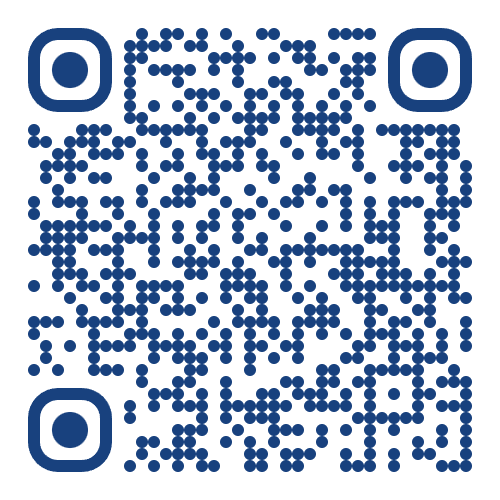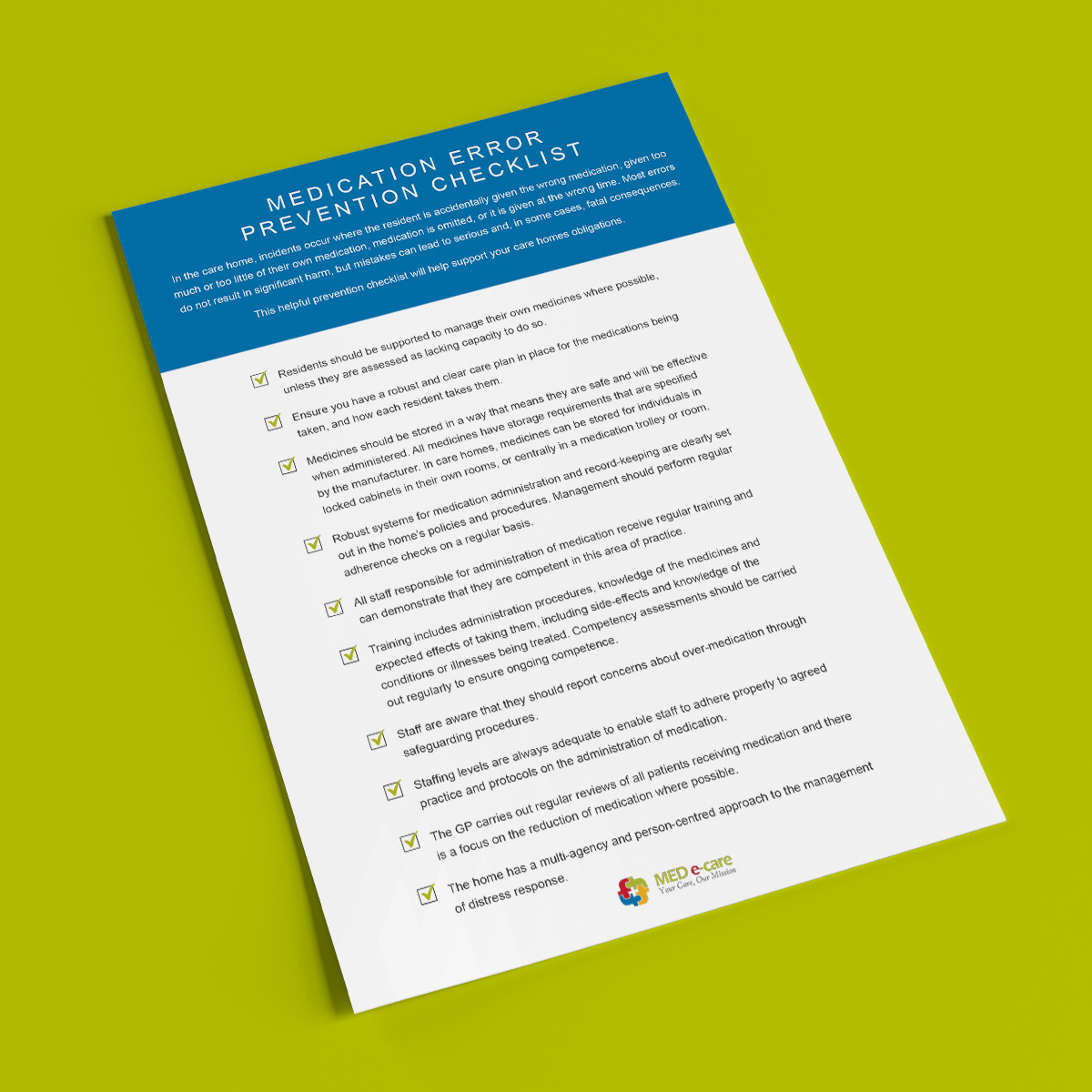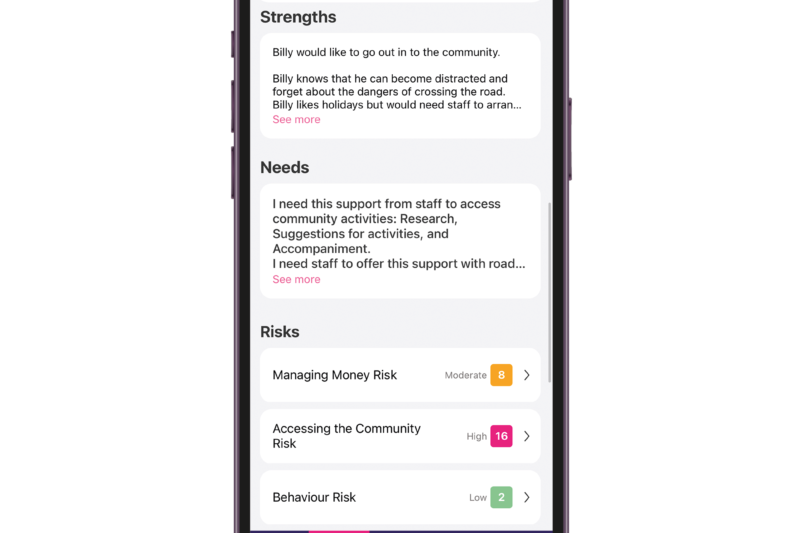CQC ratings are used to indicate a care home's quality and safety. One of the key aspects that influence these ratings is medication management. Ensuring safe, robust, and efficient medication management not only improves CQC ratings but also enhances the overall well-being of residents and makes staff’s life easier. This article explores various strategies and recommendations for care homes to elevate their CQC ratings by effective medication management.
Regular Medication Reviews
Conduct regular medication reviews for each resident in collaboration with healthcare professionals. This ensures that residents' medication regimens are up-to-date, appropriate, and optimised. Regular reviews can identify opportunities to reduce medication usage, spot data trends or switch to safer alternatives.
Medication Administration Rounds
Implement structured medication administration rounds to ensure that residents receive their medications on time. During these rounds, staff can also check for any changes in a resident's condition that might necessitate medication adjustments.
Medication Storage and Disposal
Proper storage and disposal of medications are crucial. Ensure medications are stored at the correct temperatures, away from direct sunlight, and in tamper proof containers. Expired or discontinued medications should be promptly disposed of following safe disposal procedures.
Medication Reconciliation
Perform medication reconciliation when residents are admitted, transferred, or discharged. This helps ensure that the resident's medication list is accurate and up-to-date, reducing the risk of duplication or omission.
Resident Education
Educate residents and their families about their medications, including potential side effects and the importance of compliance. Informed residents are more likely to be engaged and take medications as prescribed.
Regular Audits and Quality Assurance
Establish a system of regular audits and quality assurance checks to identify any areas of improvement. Address any issues promptly to prevent future errors.
Interdisciplinary Communication
Promote effective communication between healthcare professionals, your staff, and pharmacists. This can help prevent medication-related issues and ensure that everyone is on the same page regarding a resident's medication plan.
Continuous Improvement
Engage staff in continuous improvement initiatives. Encourage them to report medication-related incidents or near misses so lessons can be learned, and processes can be refined.
Implement Electronic Medication Administration Records (eMAR)
One of the most effective ways to enhance medication management is through using an eMAR system. eMAR automates the recording of medication administration, reducing the risk of errors and improving accountability. Key benefits of eMAR include:
- Error Reduction: eMAR minimises the risk of medication errors by providing real-time alerts and ensuring that the right medication is administered to the right resident.
- Time Efficiency: Staff spend less time on paperwork and more time with residents.
- Accountability: eMAR maintains a digital trail of medication administration, making it easier to track and audit medication activities.
It’s also important to provide comprehensive training. This ensures staff proficiency in using eMAR and handling medications. This includes initial training for new staff members and ongoing refresher courses. Staff should be well-versed in:
- Using eMAR systems effectively.
- Identifying and handling different types of medications.
- Recognising potential side effects and adverse reactions.
Conclusion

Continually reviewing and improving medication management in care homes is essential. Implementing an effective eMAR system, comprehensive training, regular medication reviews, and other best practices can help care homes streamline their medication management processes, reduce errors, and enhance resident care. By prioritising medication safety and adherence to best practices, care homes can significantly improve their CQC ratings and, more importantly, the quality of life for their residents and staff. To support care homes reviewing and improving medication management, we have created a One Page Medication Error Prevention Checklist that your readers can access by scanning the QR code.




